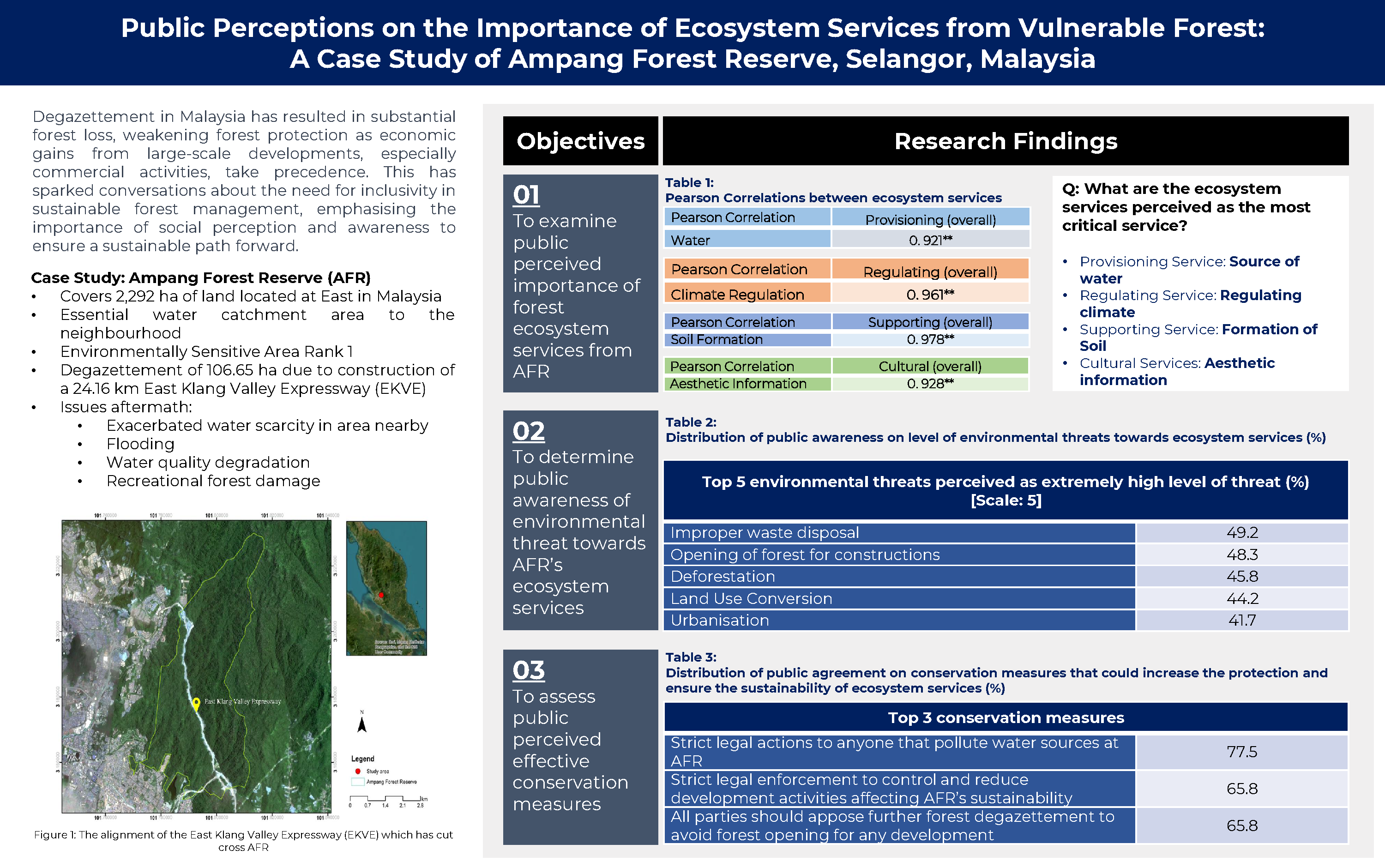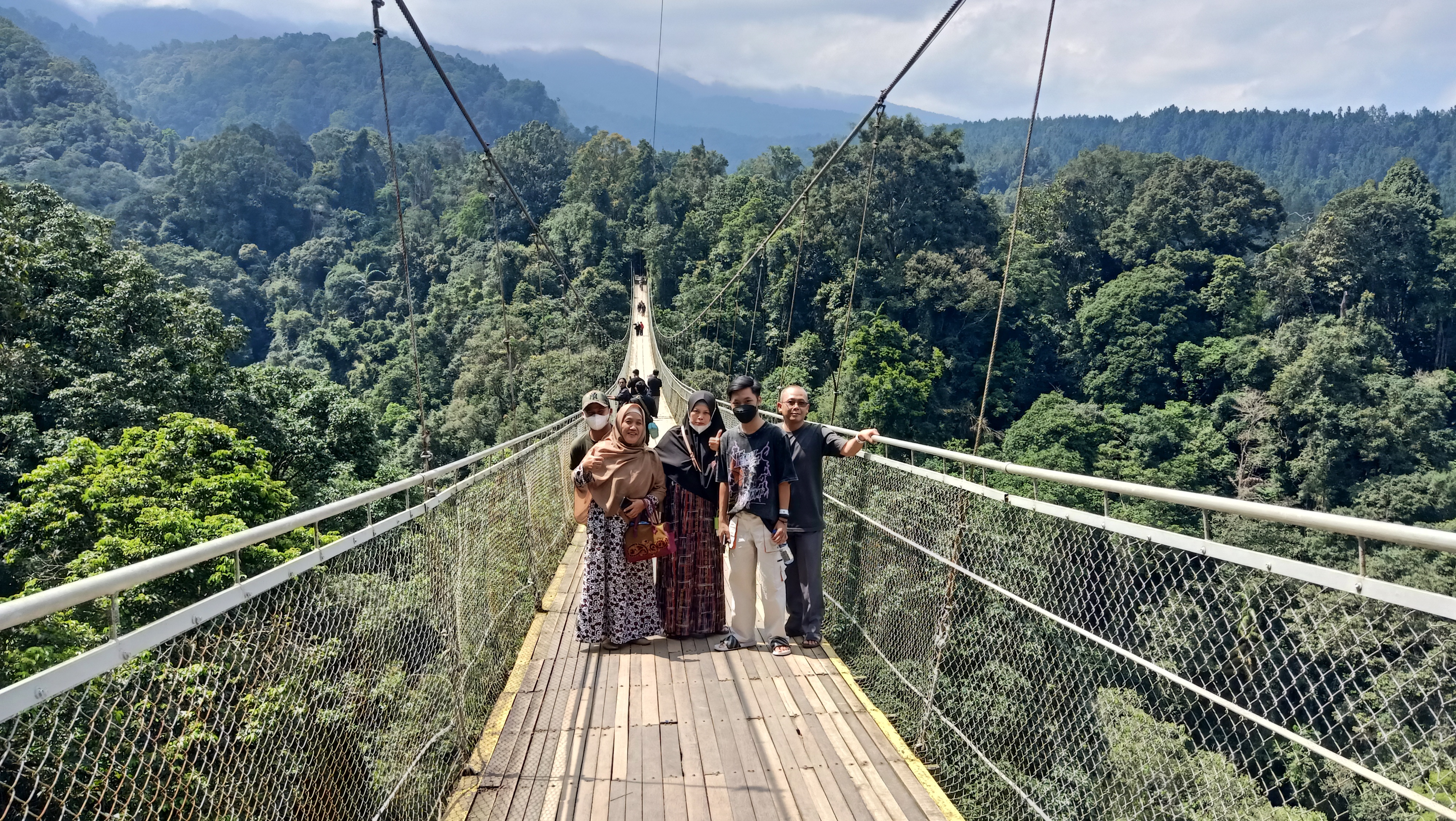Abstract
The study was aimed to build institution model of sustainable forest management, through analysis of action arena, community attributes and forest management rules in Arau Watershed Unit Management Area. To achieve sustainable forest management, recognition and incorporation of local institutions in forest policy formulation is very important because it had great potential for collective action and had characteristics of common pools resources sustainable management needed. To achieve a successful local collective action, the institution must be had: the rules in use suitable with local community norms; the organization has power to give reward and punishment as well as recognized and respected by society; specific management according location; rules of the game was made participatory; there are economic incentives for owners and users; there is an instrument for controlling sustainable use; and conflict resolution through negotiations to reach an concencus agreement. The finding of institutional models analysis show that co-management model between government and local communities, called Nagari Forest Management Model is more suitable, because it gives greater opportunities for indigenous rights recognition to communal forest, until the capacity of villages get better, then the choice of forest management can be shifted into Nagari Community Based Forest Management Model.


